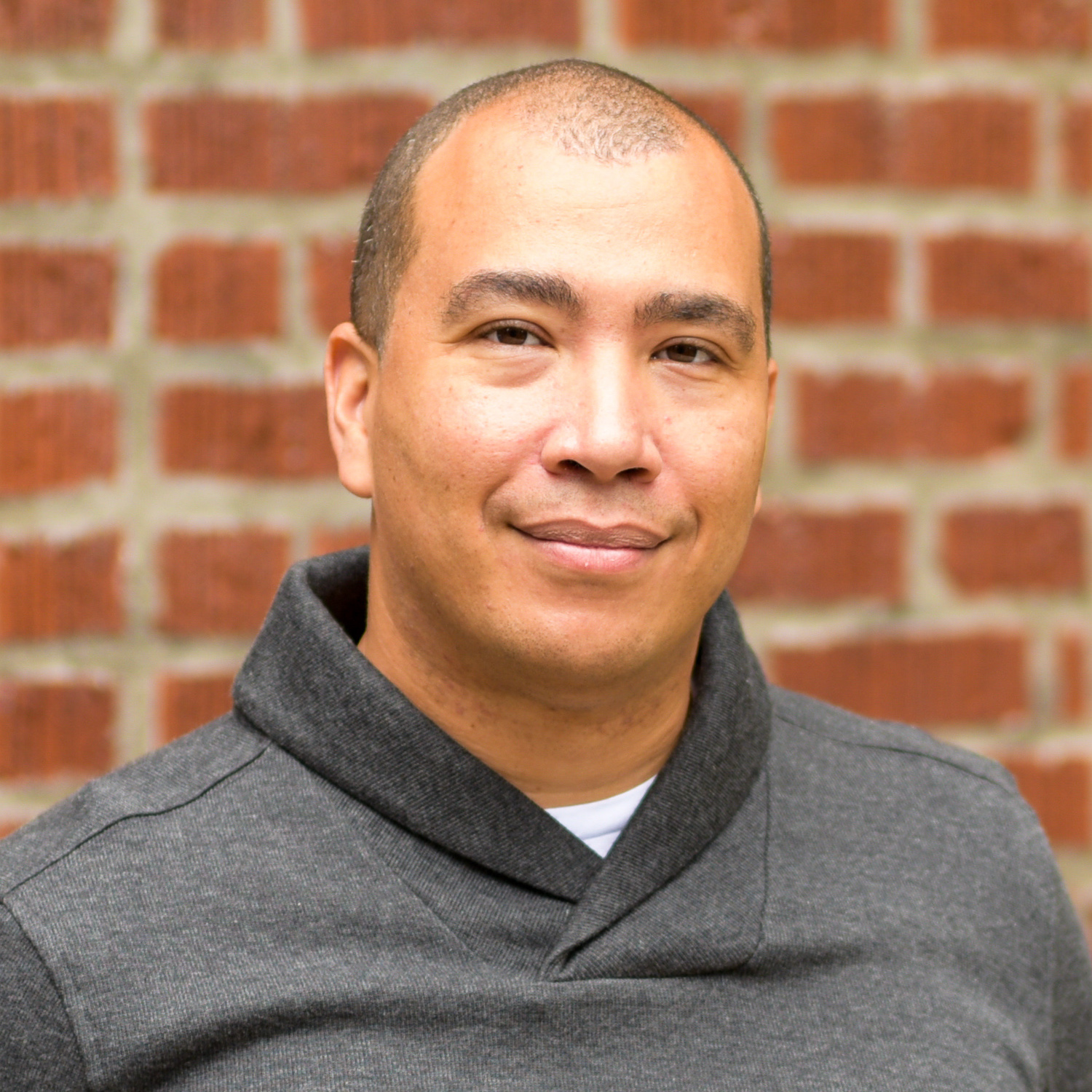One of the exercises I ask people to do during personal development workshops is to find the Why under their passions and interests. As is always the case, there are more passions than there are people attending, but a common challenge that’s discussed with me is that the only reason some people liked some of the things they did was that doing those things made them happy and they felt like they needed something more than that as a reason.
The basis for that feeling is a socially programmed belief that you can’t do something just because it makes you happy. There must be meaning, purpose, service, or impact or it’s just selfish. Another thread of that tangled skein is the belief that you deserve to be happy only after you’ve worked your tail off doing something more meaningful, purposeful, service-oriented, or productive. (That’s a shade of the Protestant Work Ethic for you — and you don’t have to be Protestant for it to be operating on you due to socialization.)
Here’s the deal: although you can stumble your way into happiness, a lot of people have spent many decades walking and working on this earth and still haven’t figured out what makes them happy. And when they do figure it out, they don’t allow themselves to be happy. There’s always something more purposeful, productive, meaningful, or important to be doing.
That something makes you happy is a reason for doing it. While it may not trump everything else, your happiness counts.
So my invitation here is to let yourself find your path straight to happiness. Life is short and there’s no stamp that shows when it’s your time to be happy. As Jim Rohn said, “Happiness is not something you postpone for the future; it is something you design for the present.”
PS: Our cultures socialize women to be especially conscious of other people’s needs and happiness, often at the expense of their own. If you’re a woman and this rings true for you, please read this again and pretend that your needs are just as important as those of everyone else you might be supporting (because they are).
Originally published at productiveflourishing.com


